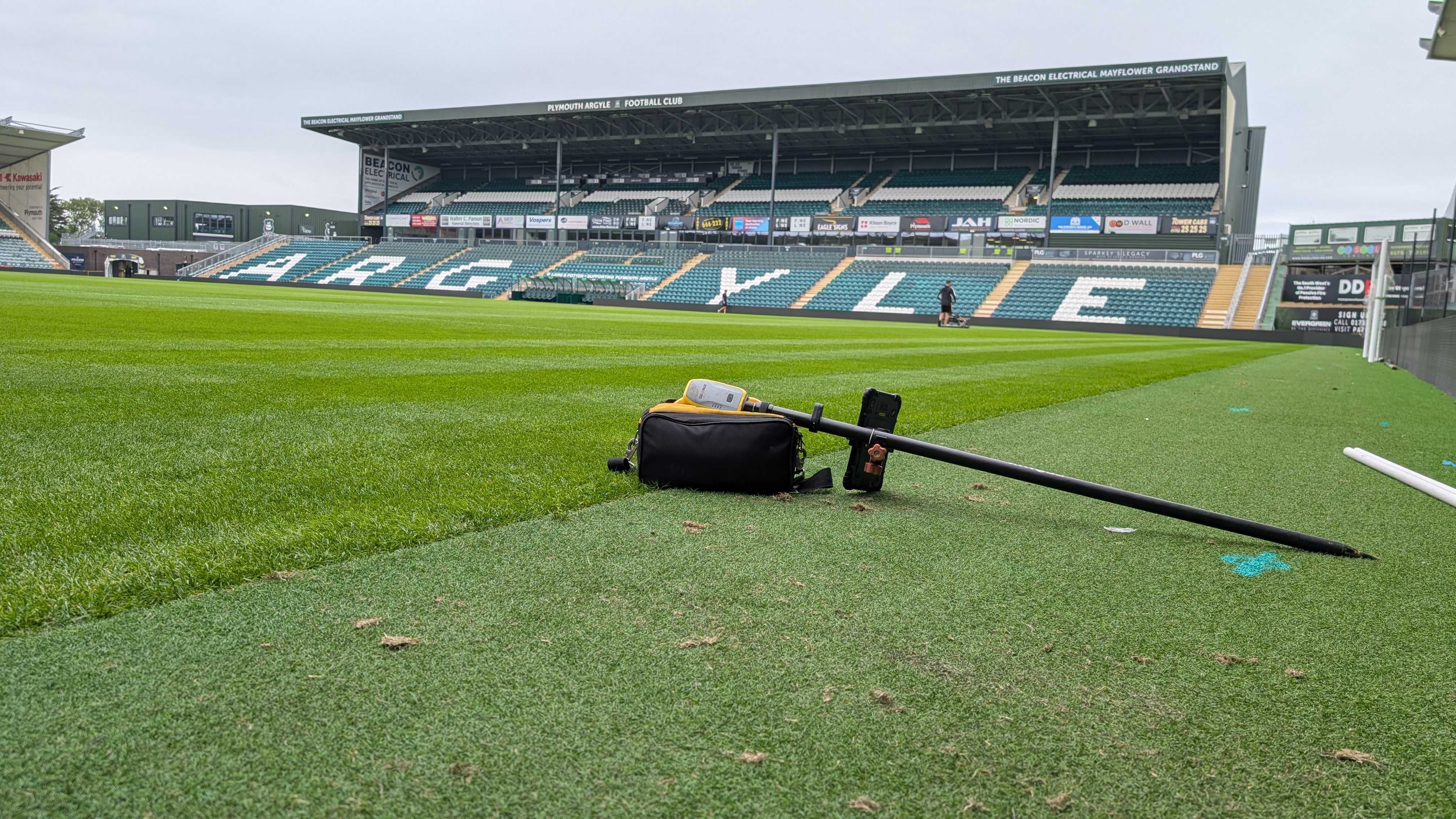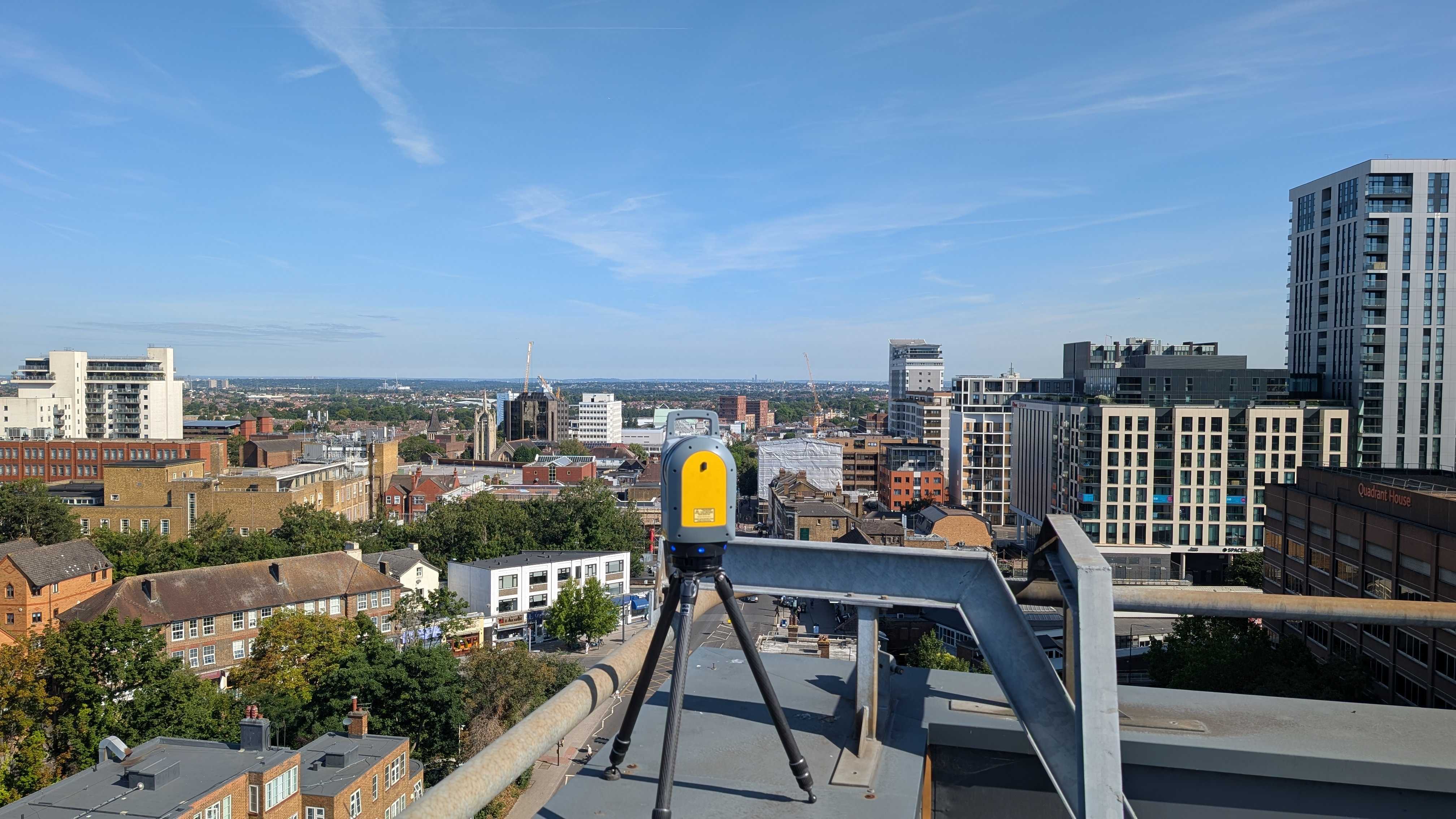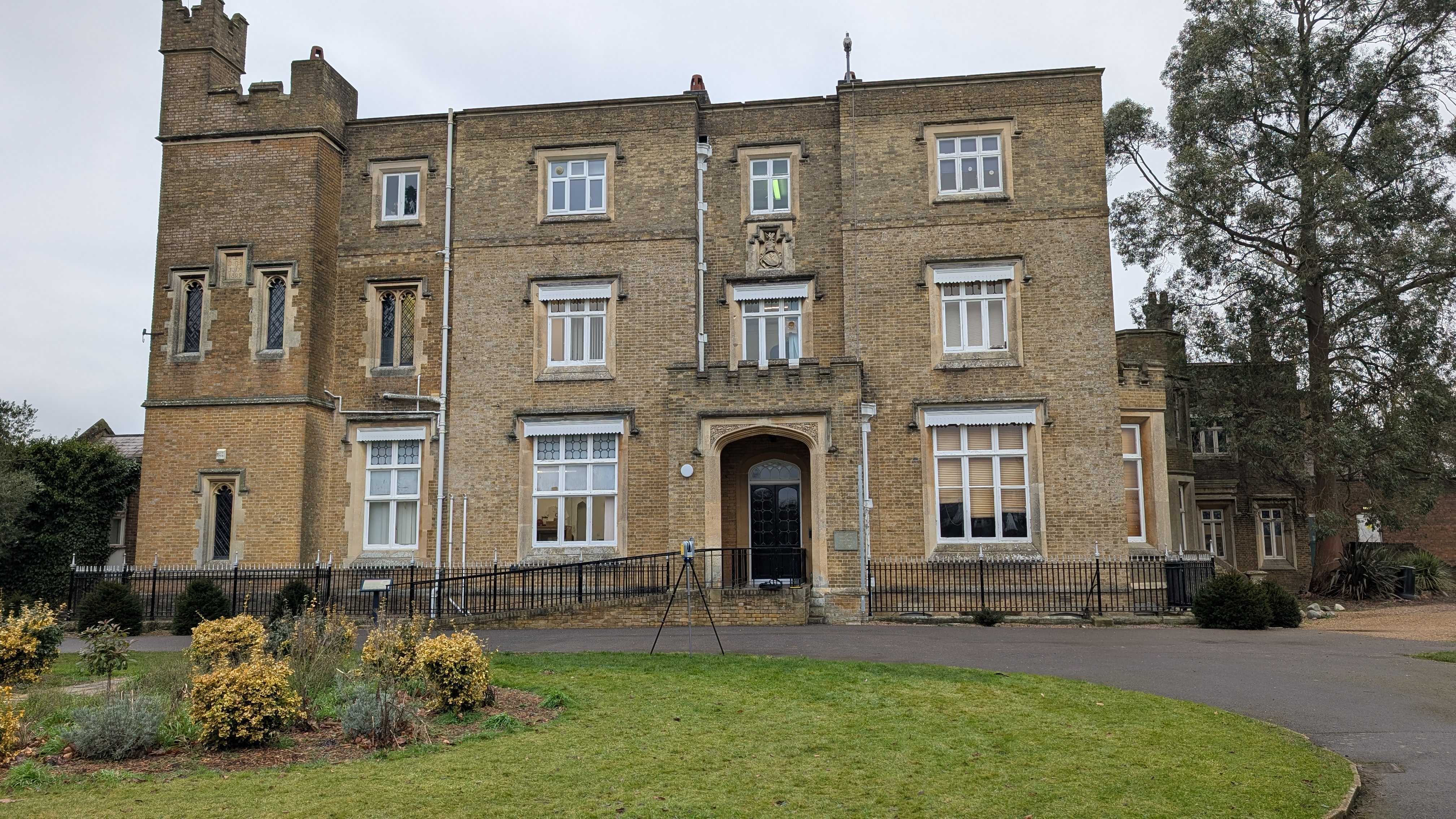In today's construction industry, sustainability is more than just a buzzword—it's a critical goal that influences every phase of a project.
Achieving sustainability requires precise planning, efficient resource use, and a commitment to minimising environmental impact. However, these goals can be challenging to meet without accurate and detailed information about the existing conditions of buildings and sites. This is where measured building surveys come into play.
Measured building surveys provide comprehensive and precise data about a building's physical characteristics, enabling you to make informed decisions.
This blog explores the crucial role of measured building surveys in promoting sustainability in construction. We will delve into common challenges faced in sustainable construction and demonstrate how accurate survey data can overcome these obstacles, leading to more efficient, cost-effective, and environmentally friendly projects.
Potential Struggles Reaching Sustainability
Achieving sustainable construction practices is a complex task that involves overcoming several challenges.
One of the major challenges in construction is the inefficient use of resources. Inaccurate measurements and data can lead to over-ordering materials, resulting in significant waste. This not only drives up costs but also contributes to environmental degradation through the unnecessary use of resources and increased waste disposal needs.
When renovating, inaccurate or incomplete information can lead to design errors, structural issues, and inefficiencies, making the renovation process more complex and less sustainable.
Many construction projects set ambitious sustainability targets, such as reducing carbon emissions, improving energy efficiency, and minimising waste. However, achieving these goals requires precise planning and execution based on accurate data. Inadequate information can lead to missed sustainability targets and suboptimal project outcomes.
Proactive Strategies To Overcome Sustainability Challenges
To address the common challenges in sustainable construction, measured building surveys offer a range of proactive strategies and solutions.
Here’s how leveraging accurate data and advanced surveying technologies can help overcome these obstacles.
Accurate Data Collection
Employing 3D laser scanning, robotic total stations, and handheld tablets to capture precise measurements and detailed information about existing structures can provide a solid foundation for sustainable planning and design.
Plus, starting projects with accurate baseline data to inform every phase of construction, from initial planning to final execution reduces the risk of errors and inefficiencies.
Enhanced Planning and Design
Accurate measurements allow for better space utilisation, improved material estimates, and efficient design solutions.
Using detailed survey data reduces the likelihood of structural issues and enhances the sustainability of renovations by making the best use of existing materials and structures.
Minimising Environmental Impact
Minimising the environmental footprint of construction projects by ensuring precise execution based on reliable survey data reduces unnecessary resource extraction, transportation emissions, and construction waste.
Key Technologies And Tools In Measured Building Surveys
Measured building surveys rely on a range of advanced technologies and tools to capture precise data. More on this in our latest blog…
This equipment is crucial for ensuring accuracy and efficiency in data collection, which in turn supports sustainable construction practices. Here are some of the key technologies and tools used:
3D Laser Scanning
Robotic Total Stations
Handheld Tablets
By utilising these advanced technologies and tools, measured building surveys can deliver highly accurate and detailed data that supports sustainable construction practices.
Conclusion
Incorporating measured building surveys into construction projects is a step towards achieving sustainable practices. By addressing common challenges such as resource waste, inefficiencies, and environmental impacts, these surveys provide a robust foundation for informed decision-making.
The use of advanced technologies like 3D laser scanning and robotic total stations ensures precise data collection, enabling better planning, design, and execution.
As the construction industry continues to prioritise sustainability, measured building surveys stand out as an essential tool for enhancing project outcomes. For more information and to see how measured building surveys can benefit your next project, contact Intersect Surveys today.
Let's work together to build a sustainable future.








